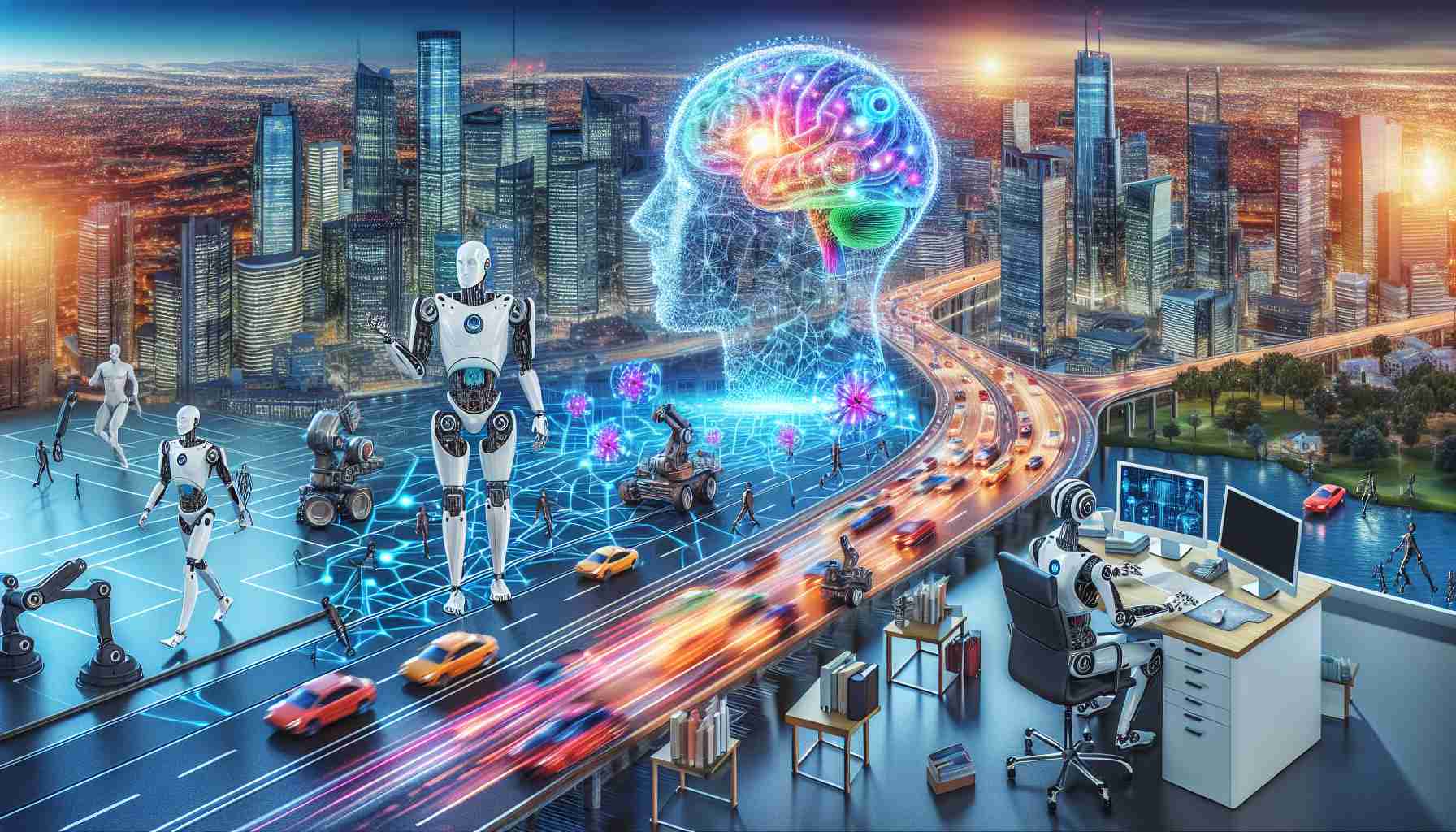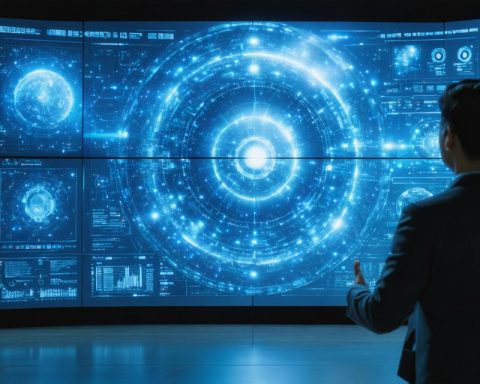In an era marked by rapid technological advancement, one question looms large: how will artificial intelligence (AI) revolutionize our world? From transforming industries to reshaping our daily lives, AI is poised to significantly impact the future.
First, AI is expected to bring about substantial changes in medicine. Through the development of sophisticated algorithms, AI can analyze vast amounts of data, leading to more accurate diagnoses and personalized treatment plans. This is already evident in AI’s role in interpreting medical imaging and predicting patient outcomes. As AI technology advances, its ability to enhance healthcare efficacy and accessibility is likely to expand.
Furthermore, AI is making waves in the transportation sector. The integration of AI into autonomous vehicles portends a future where travel is safer and more efficient. AI’s capacity to process real-time data from the environment allows for unparalleled situational awareness, potentially reducing accidents and congestion. Autonomous vehicles could redefine urban planning and commute times, offering a glimpse into a more organized and sustainable future.
In addition, AI is revolutionizing the way we work. With the automation of routine tasks, AI frees up human workers to focus on creative and complex problem-solving. This shift could lead to increased productivity and innovation. However, it also underscores the importance of adapting our education systems to prepare the workforce for a future intertwined with AI technology.
AI is not a distant concept but a present reality that is progressively shaping the future. By understanding its potential, we can harness AI’s power for positive change and adapt to the challenges it presents. As AI continues to evolve, its ability to revolutionize various aspects of our lives will likely expand and redefine human potential.
Artificial Intelligence: Friend or Foe in Our Everyday Lives?
Artificial intelligence, once a distant possibility, is now a transformative force in contemporary society. But beyond its promise in healthcare, transportation, and the workplace, what other aspects of life will AI reshape?
AI’s Influence on Education and Learning
One often overlooked area is education. AI can personalize learning experiences by assessing student progress in real time and adjusting difficulty levels or subjects as needed. This can lead to more effective and engaging educational journeys, tailoring curricula to individual needs. However, it raises questions about the value of traditional teaching methods and the role of educators in the future.
Data Privacy Concerns
AI’s constant thirst for data sparks controversies regarding privacy. As machines learn from user data, the fine line between helpful technology and invasive surveillance becomes blurred. This begs the question: does the convenience of AI outweigh the potential risks to our privacy? Debates on policy and regulation are heating up, pushing governments worldwide to draft comprehensive guidelines.
AI in the Arts
Interestingly, AI is also making strides in creative fields like art and music, crafting original pieces that compete with human creations. While some view this as an exciting expansion of artistic boundaries, others see it as a threat to traditional artists’ livelihoods. Can AI ever truly replicate human creativity, or is it merely mimicking patterns?
As AI’s capabilities grow, so does its potential impact on all facets of life. The debate about whether AI will be a friend or foe continues to evolve. For more on AI’s broader implications, visit IBM and Microsoft.








